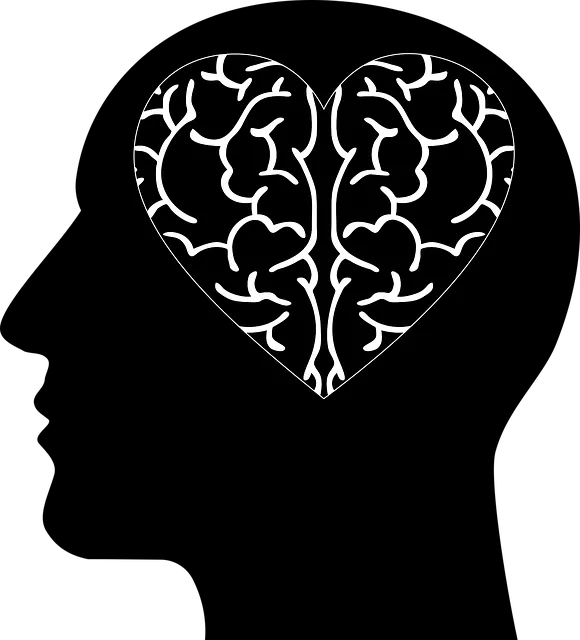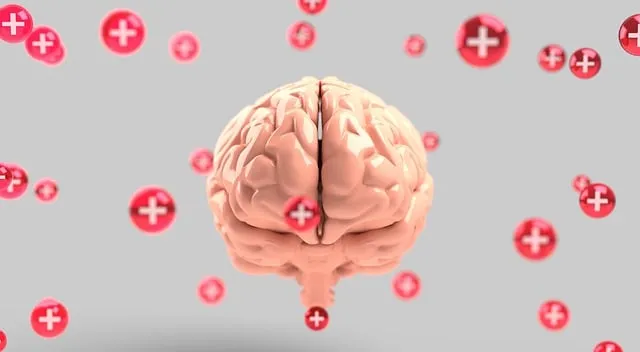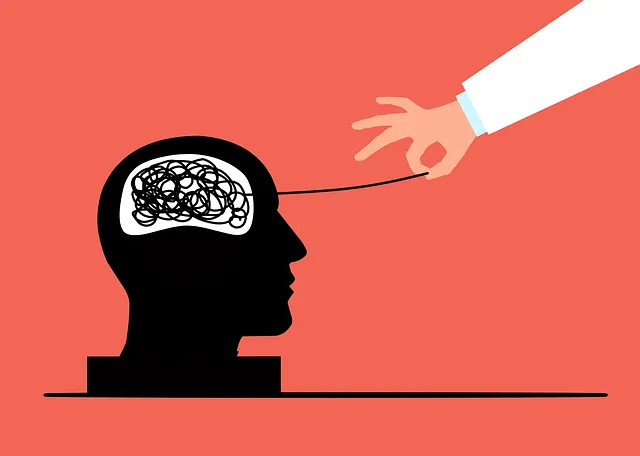Kaiser Permanente behavioral health services Centennial promotes holistic resilience-building as a key strategy for mental well-being in today's dynamic environment. Using the RFM framework (Recovery, Flexibility, Mastery), they empower individuals to confront challenges through recovery from past traumas, adaptability to uncertainty, and personal growth skills. This approach enhances stress management, emotional stability, and support network development, preventing burnout. Mindfulness meditation, physical activity, conflict resolution techniques, and self-awareness exercises are integral tools. Centennial's multi-faceted initiative sets a precedent for revolutionizing mental health support on a community scale, offering accessible resources to navigate life's challenges more effectively.
Resilience is a crucial asset in navigating life’s challenges. The RFM (Recovery, Flexibility, Mastery) model offers a powerful framework for building this strength. This article explores how understanding RFM can enhance resilience, using Kaiser Permanente Behavioral Health Services Centennial as a case study—a leading example of integrating behavioral health into primary care. We’ll then provide practical exercises to foster resilience both personally and professionally, drawing insights from the successful implementation at Kaiser Permanente.
- Understanding RFM and Its Role in Resilience Building
- Kaiser Permanente Behavioral Health Services Centennial: A Case Study
- Practical Exercises to Enhance Resilience at Home and Work
Understanding RFM and Its Role in Resilience Building

Resilience is a critical component of mental health and well-being, enabling individuals to navigate life’s challenges and adapt to change. This is where RFM (Recovery, Flexibility, and Mastery) steps in as a powerful framework. Kaiser Permanente behavioral health services Centennial recognizes the importance of RFM in fostering resilience, particularly in today’s fast-paced world.
RFM focuses on three key areas: Recovery emphasizes healing from past traumas or stressors; Flexibility involves coping with uncertainty and change; and Mastery refers to developing skills for problem-solving and personal growth. By integrating these concepts, individuals can enhance their ability to manage stress, improve emotional regulation, and build a stronger support system—essential aspects of burnout prevention. Conflict resolution techniques and self-awareness exercises are effective tools within this framework, promoting healthy coping mechanisms and overall resilience.
Kaiser Permanente Behavioral Health Services Centennial: A Case Study

The Kaiser Permanente Behavioral Health Services Centennial serves as a shining example of how holistic resilience-building initiatives can thrive within a healthcare setting. This comprehensive program goes beyond traditional medical care, focusing on fostering emotional well-being and cultivating mental fortitude among its community. Through a multi-faceted approach, the Centennial initiative integrates various techniques, including mindfulness meditation, into their services to enhance patient resilience.
By implementing a robust Community Outreach Program, Kaiser Permanente has successfully reached a diverse range of individuals, promoting emotional well-being through accessible resources and education. This case study highlights how such initiatives can empower people to navigate life’s challenges with enhanced coping mechanisms. The success of the Centennial program underscores the potential for similar community-focused programs to revolutionize mental health support on a larger scale.
Practical Exercises to Enhance Resilience at Home and Work

Building resilience is an essential aspect of navigating life’s challenges, and both personal and professional settings offer ample opportunities for practice. At home, simple yet effective exercises can help individuals develop a stronger sense of emotional regulation. For instance, mindfulness meditation practices have been shown to reduce stress and anxiety, fostering a calm and clear mindset. Engaging in regular physical activity is another powerful tool; exercise releases endorphins, which can boost mood and provide a healthy outlet for managing difficult emotions. Additionally, keeping a gratitude journal encourages individuals to reflect on positive aspects of life, enhancing overall well-being.
In the workplace, Kaiser Permanente behavioral health services Centennial offers valuable resources for employees seeking to improve their resilience. Crisis intervention guidance programs teach individuals how to respond effectively during stressful situations, promoting better emotional regulation. These sessions often include techniques such as deep breathing exercises and cognitive reframing, which help employees manage anxiety and maintain a sense of composure under pressure. By incorporating these practices into daily routines, whether at home or in the workplace, individuals can build resilience, ensuring they are equipped to handle various life challenges with greater ease and adaptability.
Resilience is a vital asset in navigating life’s challenges, and RFM (Recovery-Focused Management) offers a powerful framework for building this strength. As demonstrated by the case study of Kaiser Permanente Behavioral Health Services Centennial, integrating RFM into healthcare practices can significantly enhance patients’ resilience. By adopting practical exercises focused on self-care, cognitive reframing, and meaningful connections at both home and work, individuals can develop greater resistance to adversity. These strategies, inspired by successful initiatives like those at Kaiser Permanente, empower folks to embrace change and thrive despite life’s ups and downs.






